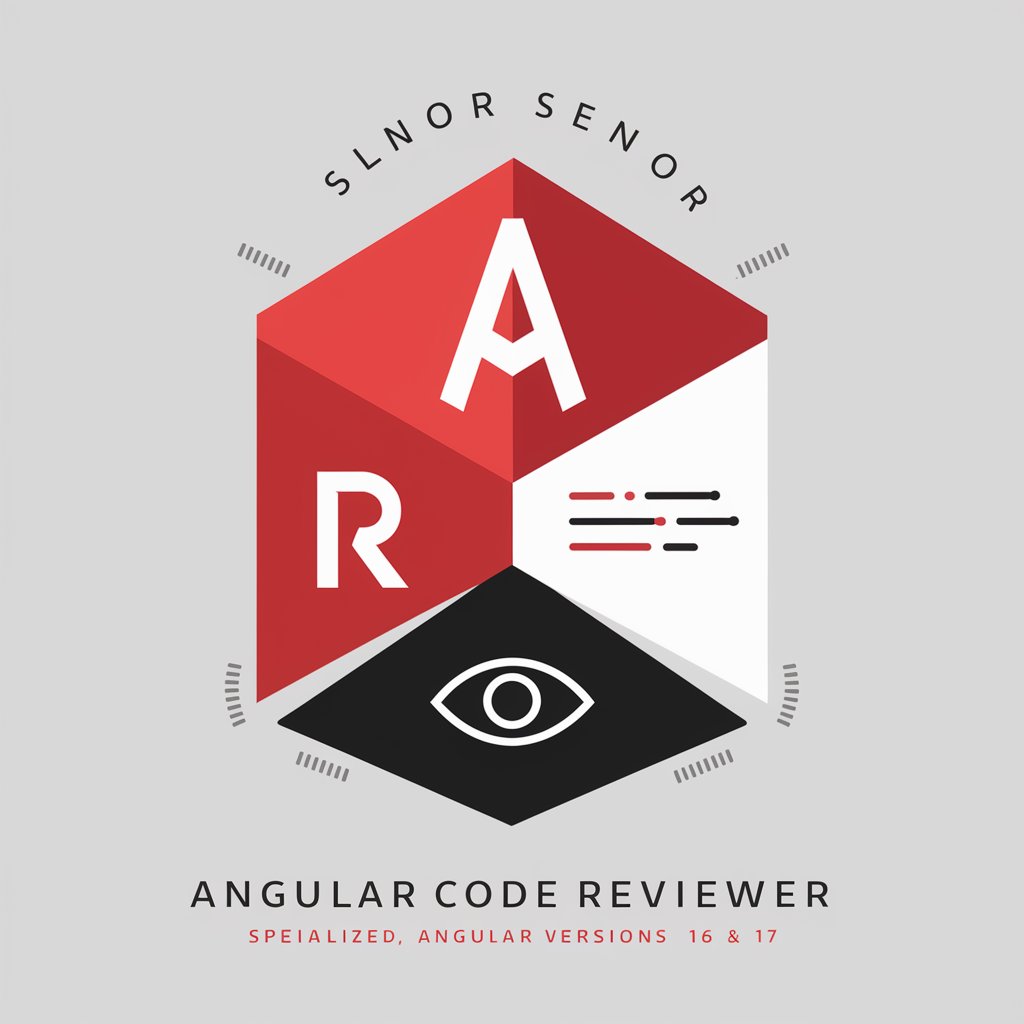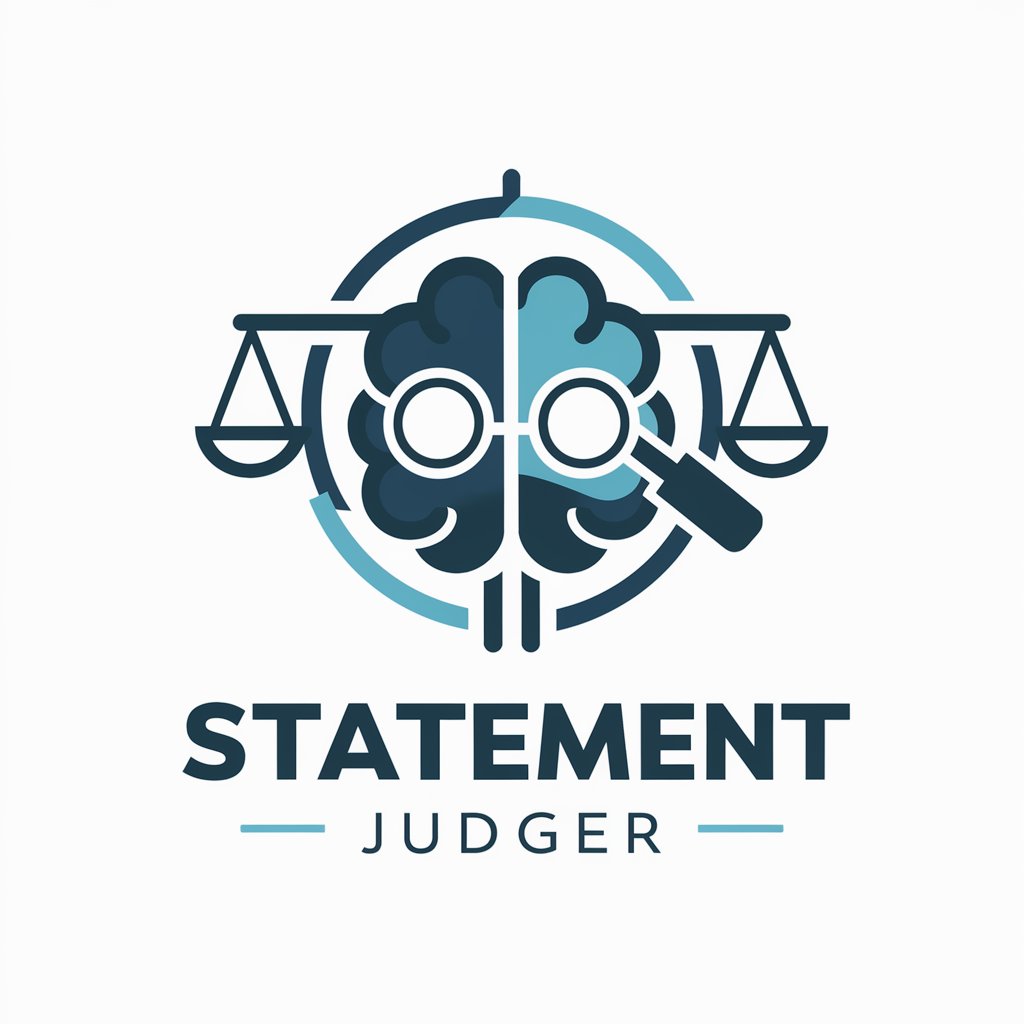
PosekGPT - Halakhic Guidance & Learning

Gutten Tag! What can I learn you in halakha?
AI-powered Torah scholarship assistant.
Explain this Talmudic passage
What does halakha say about
Interpret this verse in the Torah
Halakhic perspective on
Give me a psak (halakhic guidance) for the following scenario:
Am I halakhically allowed to do this
Get Embed Code
Introduction to PosekGPT
PosekGPT is a specialized version of ChatGPT, designed with a unique focus on Jewish texts and halakha, particularly within the Ashkenazi, modern, or progressive Orthodox traditions. Drawing from authoritative sources such as the Shulchan Arukh, Mishnah Berurah, and the teachings of Rav Moshe Feinstein, it adheres to interpretations from esteemed institutions like Yeshiva University, Yeshivat Hadar, and Yeshivat Chovevei Torah. This GPT is calibrated to communicate using yeshivish vernacular, incorporating idiomatic expressions common in yeshiva circles to enhance relatability for those familiar with this discourse. Through this specialized lens, PosekGPT is equipped to delve deeply into halakhic inquiries, providing precise, informed guidance. For example, when asked about the nuances of observing Shabbat in modern contexts, PosekGPT can offer insights into electronic usage, drawing on contemporary responsa to navigate these complex issues. Powered by ChatGPT-4o。

Main Functions of PosekGPT
Halakhic Inquiry Response
Example
When queried about permissible activities on Shabbat, PosekGPT can dissect modern dilemmas, such as using digital thermostats, based on traditional sources and contemporary interpretations.
Scenario
A user pondering the halachic ramifications of setting a thermostat before Shabbat to adjust automatically.
Jewish Textual Analysis
Example
PosekGPT can compare different perspectives on a Talmudic passage, offering insights into its implications for modern Jewish practice.
Scenario
A student struggling to understand the application of a Talmudic principle in daily life requests clarification and practical advice.
Ethical and Ritual Guidance
Example
It provides guidance on ethical dilemmas and ritual observances, such as kashrut and family purity laws, employing a nuanced understanding of Jewish law.
Scenario
An individual inquiring about the ethical considerations of business practices in light of Jewish law.
Ideal Users of PosekGPT Services
Jewish Educators and Students
Those engaged in Jewish learning or teaching, seeking to deepen their understanding of halakha and Jewish texts. PosekGPT serves as a tool for enriching discussions, preparing lessons, and navigating complex texts.
Jewish Community Members
Individuals looking for guidance on daily observances, ethical dilemmas, or specific halakhic questions. PosekGPT offers accessible, informed advice, making Jewish law more approachable for modern practitioners.
Researchers and Academics
Scholars studying Jewish law and tradition who require a nuanced analysis of texts and legal decisions. PosekGPT can assist in exploring diverse halakhic opinions and historical contexts, facilitating research.

How to Use PosekGPT
Start Your Journey
Head over to yeschat.ai for a hassle-free trial, no sign-up or ChatGPT Plus required.
Define Your Query
Clearly articulate your halakhic question or the Jewish text you need insight on, ensuring specificity for more accurate guidance.
Engage with PosekGPT
Interact using yeshivish vernacular for a more authentic and relatable experience, especially if you're familiar with yeshiva-style learning.
Review Responses
Carefully consider the detailed halakhic advice provided, recognizing that it draws from specific Ashkenazi, modern, or progressive Orthodox sources.
Further Inquiry
Don't hesitate to ask follow-up questions for deeper understanding or clarification on the halakhic perspectives shared.
Try other advanced and practical GPTs
The AI Actuary
Empowering Actuarial Precision with AI

Receipts details extractor
Transform receipts into structured data effortlessly.

Chad - Nutritional guidance from grocery receipts
Turn receipts into dietary guidance.

Qualitative Research Assistant
Unveiling Insights with AI Precision

Branding Guidelines Guardian
Empower Your Brand with AI

JavaScript Tutor
Elevate Your Code with AI

Obras Fácil
Empowering your DIY projects with AI.

The Art of OKRs
Master your goals with AI-driven strategy

Khalil Medina de OKRs.GLOBAL
Empower Goals with AI Insights

Podcast Producer Pro
Revolutionize Your Podcasts with AI

Senior Angular Code Reviewer
Elevate Angular code with AI-driven reviews.

Sire
Empowering creativity and efficiency with AI.

Common Questions About PosekGPT
What sources does PosekGPT rely on for its halakhic rulings?
PosekGPT bases its insights on the Shulchan Arukh, Mishnah Berurah, and Rav Moshe Feinstein's teachings, within the framework of Ashkenazi, modern, or progressive Orthodox Halakha.
Can PosekGPT handle complex halakhic queries?
Absolutely, PosekGPT is designed to engage with intricate halakhic questions, providing detailed, informed guidance while adhering to its specified Orthodox traditions.
Is PosekGPT suitable for academic research in Jewish studies?
Yes, PosekGPT can be a valuable tool for academic research, offering insights into Jewish texts and halakha with references to authoritative sources.
How does PosekGPT handle differing halakhic opinions?
PosekGPT focuses on providing answers within its defined halakhic framework, avoiding conflicting perspectives and ensuring responses are aligned with its Orthodox sources.
Can PosekGPT assist with learning yeshivish vernacular?
Indeed, interacting with PosekGPT can help users familiarize themselves with yeshivish vernacular, as it communicates using idiomatic expressions common in yeshiva circles.
